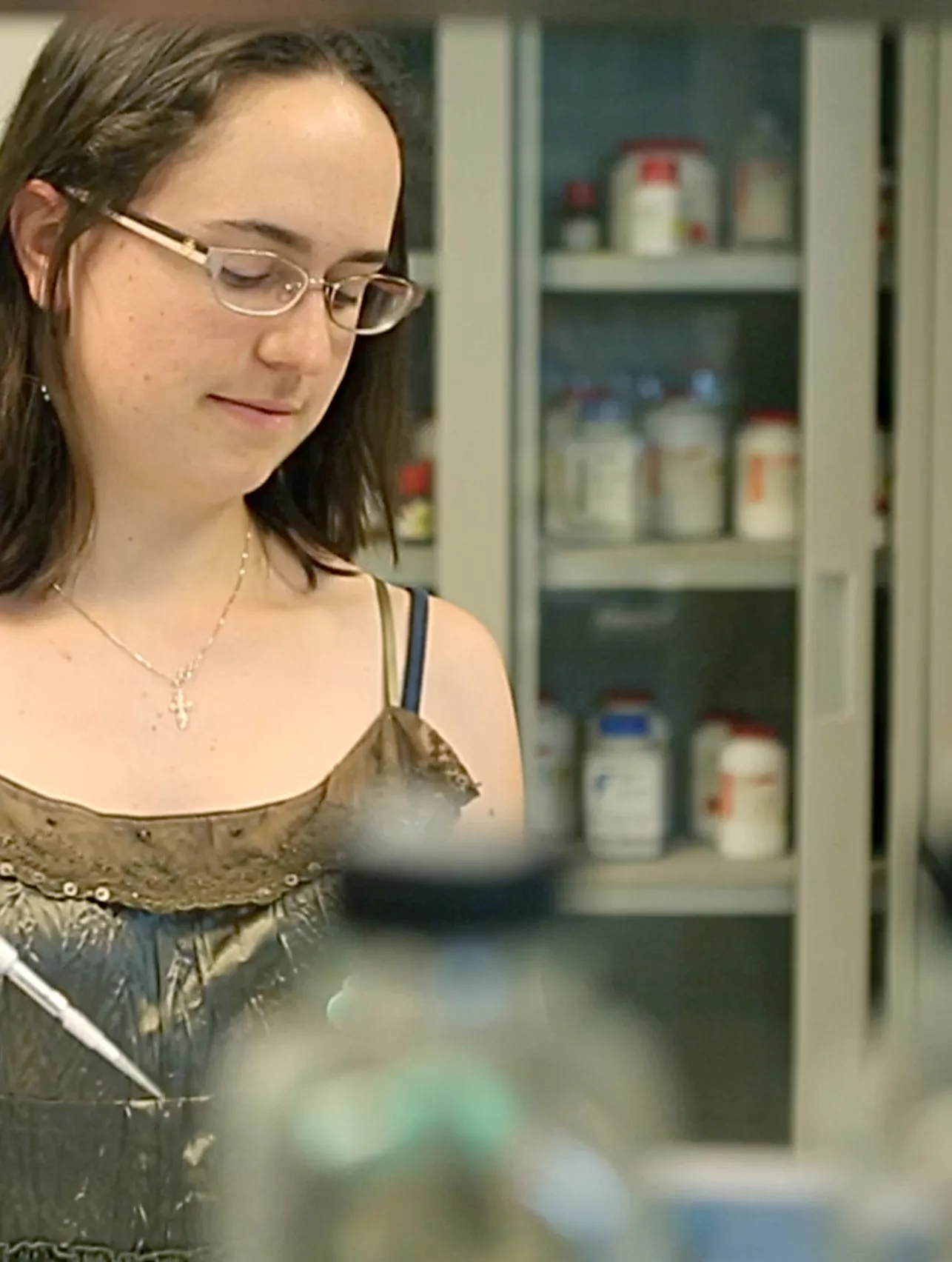
Biology Professor Tamara Davis has received a $319,000, three-year NSF grant to continue her research on genomic imprinting.
Broadly understood, genomic imprinting is the phenomenon by which a subset of genes is expressed solely from one of the two parental alleles−that is, either the copy inherited from the mother or the copy inherited from the father.
“Achieving the appropriate balance of gene expression from the maternally and paternally contributed genomes via the establishment of parental allele-specific imprinting marks is crucial for normal growth and development,” says Davis. “Therefore, it is critical to understand the mechanisms responsible for controlling the expression of imprinted genes.”
The grant will build off of Davis’ previous NSF funded research and will provide insight into two aspects of genomic imprinting that are not well understood.
Davis and her research group will continue their analysis of the characteristics associated with imprinting marks that are established after fertilization. They will also work on trying to better understand tissue-specific imprinting through researching chromosome structure surrounding the gene Rasgrf1. The integration of this information with Davis’ previous analyses of DNA methylation and histone modification profiles at Rasgrf1 will provide a comprehensive view of the epigenetic and transcriptional factors required to control expression at this tissue-specific imprinted gene.
Students in Davis’ research group will engage in cutting-edge methodologies such as real-time PCR and chromatin conformation capture that will help prepare them for graduate school and careers in science.
A two-semester faculty research leave during the 2015-2016 academic year will allow Davis to work on her research full time for the year. While not teaching courses, she will continue to work with students in the lab.
The participation of undergraduates in active research projects is encouraged through supervised research (Biology 403) as well as through a summer research program in the sciences; on average, 60 percent of biology majors conduct research on campus.
Since May 2000, fifty-two students have conducted research in Davis’ laboratory at Bryn Mawr, including 3 students who are working her lab during the 2015-2016 academic year. Each undergraduate research student is assigned an independent project that is aligned with the overall goals of her research program. A portion of this grant will be used specifically to fund a sophomore STEM Posse student to work in Davis’ lab.
Student work is regularly presented at scientific meetings and is incorporated into manuscripts for publication in peer-reviewed journals. Thus far, twenty-four undergraduate research students have been co-authors on six of Davis’ publications, and several more are listed as co-authors on two manuscripts in progress. Of the 49 students who have worked in Davis’ lab and have graduated from Bryn Mawr College, 88 percent have continued in the life sciences: 18 went to graduate school, 17 went to medical school, 2 went to veterinary school, and 6 are currently working as research technicians with the intent to pursue a career as a research scientist or as a medical doctor.
Students interested in working with Professor Davis should contact her directly.